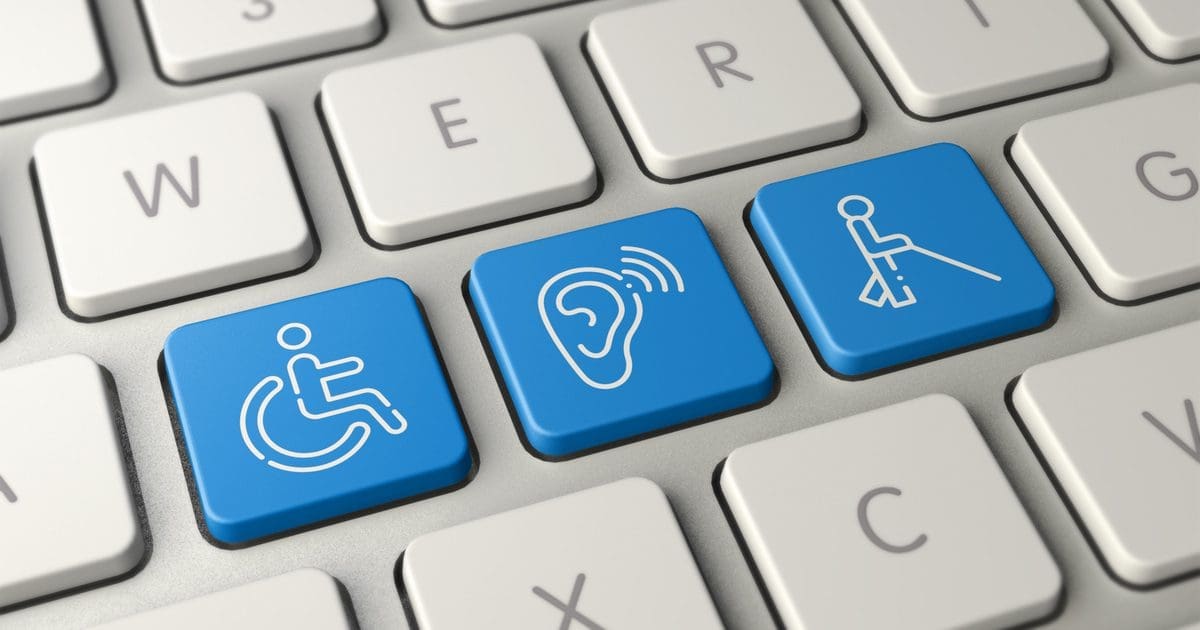The Department of Health and Human Services (HHS) recently issued a final rule under Section 504 of the Rehabilitation Act (Section 504) aimed at preventing discrimination on the basis of disability in programs and activities that receive federal financial assistance – including Medicare and Medicaid. Therefore, allergists and other practitioners who accept Medicare and Medicaid payments – including Medicare Part B – must comply with Section 504, which accomplishes the following:
- Clarifies standards for accessibility that apply to mobile applications, websites and kiosks.
- Prohibits discrimination in decisions concerning medical treatment.
- Establishes standards for accessible medical diagnostic equipment that are enforceable.

This article addresses key provisions of the final rule and their application for allergists who receive federal financial assistance. Allergy practices with 15 or more employees will have until May 11, 2026, to comply with the updated standard, while allergists with 15 or fewer employees will have until May 10, 2027, to comply.
The final rule does not make an exception to this requirement for small practices. Rather, noncompliance is only permissible if the allergist can demonstrate that compliance would result in a fundamental alteration in the nature of a program or activity or in undue financial and administrative burdens; reasons must be documented in writing. If practices are contemplating noncompliance, consultation with an experienced attorney should be considered.
Mobile applications, websites, and kiosks
Allergists who receive federal financial assistance must implement the Web Content Accessibility Guidelines 2.1 Level AA Standard (WCAG Standard) for mobile app accessibility and web content. Compliance with the WCAG Standard focuses particularly on accessibility features for individuals with cognitive disabilities, learning disabilities, manual dexterity disabilities and low vision.
If one of the five exceptions listed below applies, allergists do not need to comply with the WCAG 2 Standard for that specific exception. The final rule creates exceptions for:
- Archived web content.
- Pre-existing conventional electronic documents.
- Content posted by a third party – unless such documents are currently used by members of the public to apply for, gain access to, or participate in a recipient’s programs or activities.
- Individualized, password-protected or otherwise secured documents.
- Pre-existing social media posts.
With respect to kiosks, if a kiosk has inaccessible features, allergists must provide an alternative means for individuals with disabilities to access services. For instance, if an allergist uses an inaccessible kiosk to facilitate patient appointment check ins, the allergist must ensure that an alternative way to check in is available for patients with disabilities (i.e., tablet). Kiosks that do not rely on a website or mobile application to function are not required to implement WCAG Standards.
Decisions concerning medical treatment
The final rule implements new requirements that prohibit medical practitioners, including allergists, from discriminating against people with disabilities when making medical treatment decisions. Specifically, an allergist’s decision to treat cannot be based on:
- Bias or stereotype about a patient’s disability.
- Judgments that an individual will be a burden on others due to their disability.
- A belief that the life of a person with a disability has a lesser value than that of a person without a disability.
Nothing in the final rule requires allergists to provide treatment if they have a nondiscriminatory and legitimate reason for limiting or denying a particular service or the disability disqualifies an individual from a particular form of treatment.
Standards for medical diagnostic equipment (MDE)
Allergists who receive federal financial assistance must not turn patients away for the sole reason that their facilities lack accessible MDE. MDE includes instruments that allergists use to treat patients such as exam tables, blood pressure cuffs, pulse oximeters and weight scales. To facilitate this goal, allergists are required to work toward ensuring that at least 10% of their MDE – and at least one unit of each type of MDE – is accessible as defined by the U.S. Access Board’s Standards for Accessible MDE.
Any new piece of MDE purchased or leased after July 8, 2024, must be accessible until the 10% threshold is met. Additionally, allergists with examination tables and/or weight scales must acquire at least one accessible version of each by May 31, 2026.
The Advocacy Council – ADVOCATING FOR ALLERGISTS AND THEIR PATIENTS.



